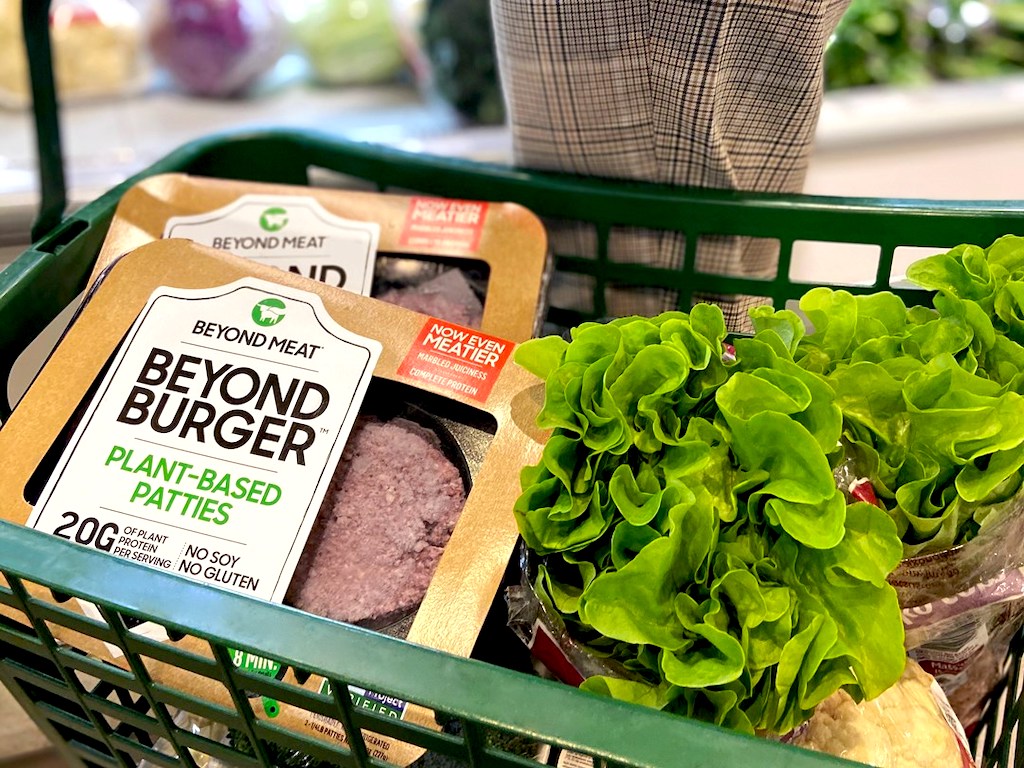Food Techs Raised US$18.1 Billion In 2020 As Pandemic ‘Fundamentally’ Shifts Consumer Trends, New Data Shows
4 Mins Read
Food tech companies raised a total of US$18.1 billion in venture capital over the course of 2020, a new report finds, as the pandemic continues to accelerate major shifts in the way consumers source their food. Data also showed that significantly more investments were made into the cultivated food tech sector in 2020, reaching a record US$1.6 billion, a figure that is expected to “rapidly accelerate” this year.
With Covid-19 having “fundamentally changed” consumption patterns, food tech firms managed to raise a record US$18.1 billion in 2020, according to new statistics compiled by Morningstar subsidiary capital market firm PitchBook. Key sectors that saw the most venture capital growth include online grocery shopping, e-commerce and other digital apps, as well as the increasing demand for alternative proteins from consumers who are increasingly concerned about food safety, supply chain resilience, health and sustainability.
Though the report finds that these trends have slowed down slightly in the final quarter of the year, the capital poured into food techs were “still far above pre-pandemic levels”.

One of the major categories to watch out for within the alternative protein space are cultivated meat companies, who have been key in driving more capital into the food tech industry in 2020. Over the past year, cell-based agriculture startups raised a record total of US$1.6 billion, US$383.2 million of which were bagged by cultivated meat firms, marking a 3-fold increase compared to deal values in 2019.
Analysts expect funding for alternative proteins to significantly grow in 2021, citing the regulatory approval of Eat Just’s cultured chicken bites in Singapore as a “watershed moment” that will trigger more capital inflows. Investors will begin to see the potential of cultivated startups to “produce high-quality, safe meat and dairy products at the fraction of the cost of current meat production” as the industry continues to scale-up dramatically.
Plant-based proteins will also enjoy considerable ongoing investment, given the strong uptick in consumer demand since the pandemic recorded in markets across the world. Notably in the first wave of the coronavirus, sales of vegan meat substitutes within the U.S. rose to the triple-digit growth rates, with follow-up statistics suggesting a long-term shift towards alternative proteins even amongst first-time buyers.

Plant-based meat providers focused on restaurant distribution are likely to experience more headwinds.
PitchBook
“Plant-based meat alternatives have benefited during the pandemic due to the spike in grocery sales as well as supply chain disruptions and stock outages for meat and dairy products,” writes the report. “Plant-based meat providers focused on restaurant distribution are likely to experience more headwinds.”
Within the U.S., the researchers expect the plant-based meat and dairy alternative sector to reach annual growth rates within the 20% range, bringing in industry revenue of around US$3.3 billion – projections that are likely to drive further venture funding into plant-based food techs.
Outside of the alternative protein sector, PitchBook analysts believe that investors will pour greater funding into AI-driven and digital-forward food tech companies, given the “massive surge” in online and e-commerce solutions amid Covid-19.

The shift to digital has already begun and is largely permanent.
PitchBook
“With indoor dining largely shut down, restaurants that survived – and in some cases thrived – during the pandemic were those able to pivot to digital and off-premise sales methods including takeout and delivery. For this reason, ghost kitchens, third party delivery apps, online grocers, and food delivery robots have been on the receiving end of changing demand trends.”
Even as restaurants begin to reopen in certain markets as vaccinations become more widespread and available across the world, the report predicts that “shift to digital has already begun and is largely permanent”, giving home delivery, meal kit providers, food robotics and other automation food techs an edge in securing investment in the long-term.
Lead image courtesy of Impossible Foods.




